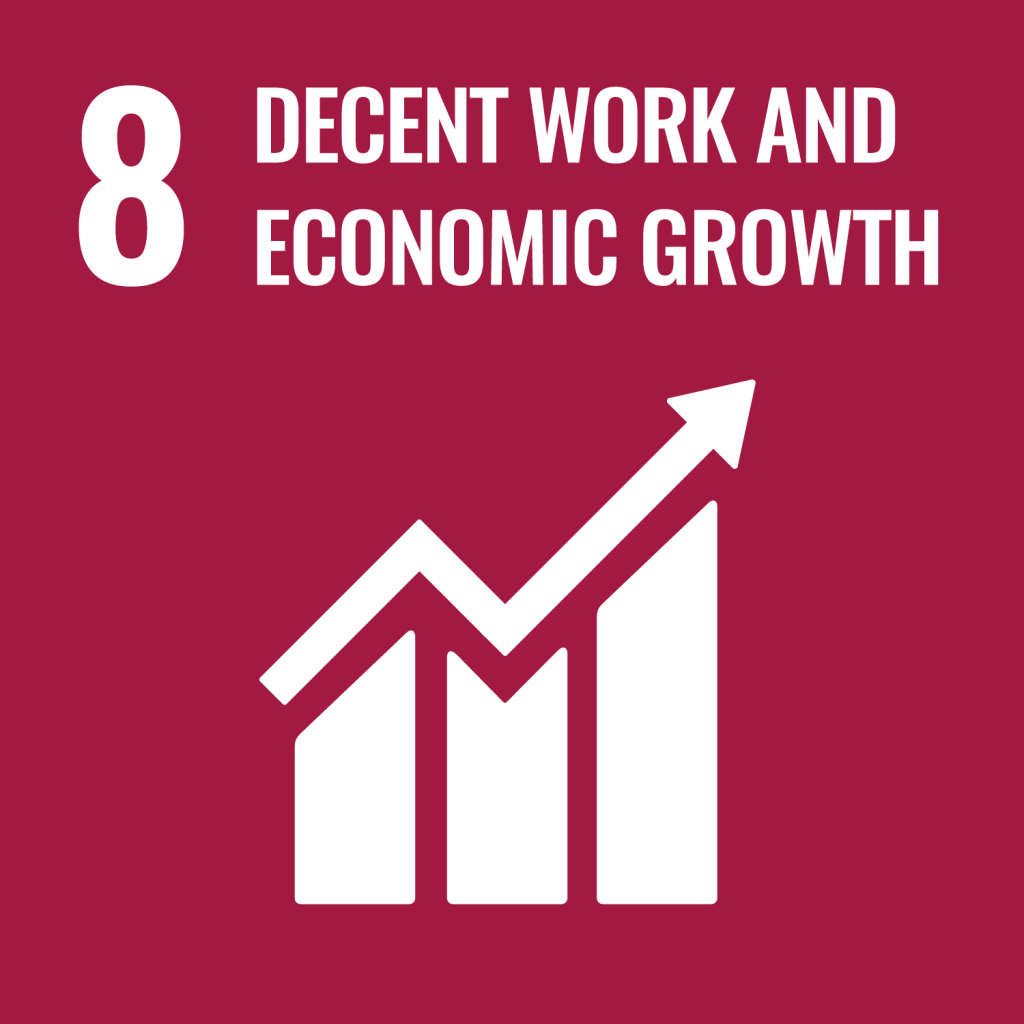Gram Malmö AB
Micro (1-9)
Retail
Food & Beverage
Lesson
A package-free shop with aims to reduce its environmental impact found that this practice contributes to social sustainability through local community service.
Background
Gram Malmö AB was founded with the intention to make package-free shopping easy, friendly, and accessible. The store opened the first package-free grocery store in Sweden in 2016. The zero-waste grocery store in Malmö offers about 3000 food products that are preferably organic (95%), as local as possible, and delivered in bulk. The shop is run by two paid employees who receive some help from a few volunteers. Providing a personal and welcoming shopping experience, Gram is valued by their customers who bring their own containers to the grocery store. Gram tries to influence their suppliers to reduce packaging which is not always easy with the purchasing power of a small store.




Sustainability Story
Environmental sustainability is at the heart of Gram´s business. The business focuses on organic and local products without packaging. With Gram´s focus on personal relations to customers and suppliers, Gram has become an institution in the area that brings social value to the community in the form of friendly conversations with customers or engagement in organizing events. Moreover, Gram maintains personal relationships with their small local suppliers, helping some in struggling Covid times and offering to promote their products in the local community.
Gram´s founder is passionate about sustainability and wanted to do something different and unique to offer a more sustainable way of buying food. With support from zero waste shops in Germany and the UK, the founder developed skills and knowledge about how to become a zero-waste retailer. With her knowledge, the owner has helped many other zero waste stores in Sweden and abroad by offering consultancy on the concept of becoming package-free. She no longer works in the shop daily but engages in marketing and supports the growing package-free movement through talks and blog posts.
In terms of Gram´s internal company culture, wellbeing, trust, and staff autonomy is highly valued. The employees split up responsibilities for the shop, the company’s numbers are transparent and analyzed together, and staff are empowered to make their own decisions.
Gram Malmö AB Practices
| Zero-waste packaging and low carbon products and delivery | Co-management and ownership of business operations | Building a local zero waste community |
|---|---|---|
| Reduce packaging waste through their concept of a zero-waste store for (mostly) local and organic products. Goods are purchased in bulk and not repacked in smaller packages, instead, the customers bring their own containers.The company actively influences suppliers to reduce packaging and to work more circular. Orders are delivered by bike. | The leadership distributes responsibilities evenly among co-owners and staff and encourages staff to make own decisions. Monthly sales reports are analysed in team. | Personal relation to customers, physical marketing, support of local suppliers and community events contribute to building up a local zero waste community. The leadership contributes to the national and international package-free movement through information and consultancy. |
Pathway Map
Building a Local Zero Waste Community
View the Pathway MapCo-Management and Ownership of Business Operations
View the Pathway MapZero-Waste Packaging and Low Carbon Products and Delivery
View the Pathway MapEnabling Factors for Practices
| Internal to the organization | External to the organization |
|---|---|
| Volunteers supporting sales team in the shop | State-owned venture capital company (Almi) with loan and business consultancy |
| Local community network supporting the shop | Municipality´s sustainability prize was beneficial for marketing |
| International zero-waste movement (network community) with know-how | |
| Suppliers supporting the package-free concept |
Arresting Factors for Practices
| Internal to the organization | External to the organization |
|---|---|
| Actors | Big supermarkets and companies (that actually are competitors) request package-free knowledge without paying for consultancy. |
| A small shop is threatened by larger players that can afford lower margins and offer products at a lower price. | |
| Reluctance from large companies to adapt packaging or transport for a small customer. | |
| External factors | Reaching customers from a lower income segment is difficult with the current concept of local & organic, as the prices are higher for organic production, and small local producers compared to large-scale producers. |
